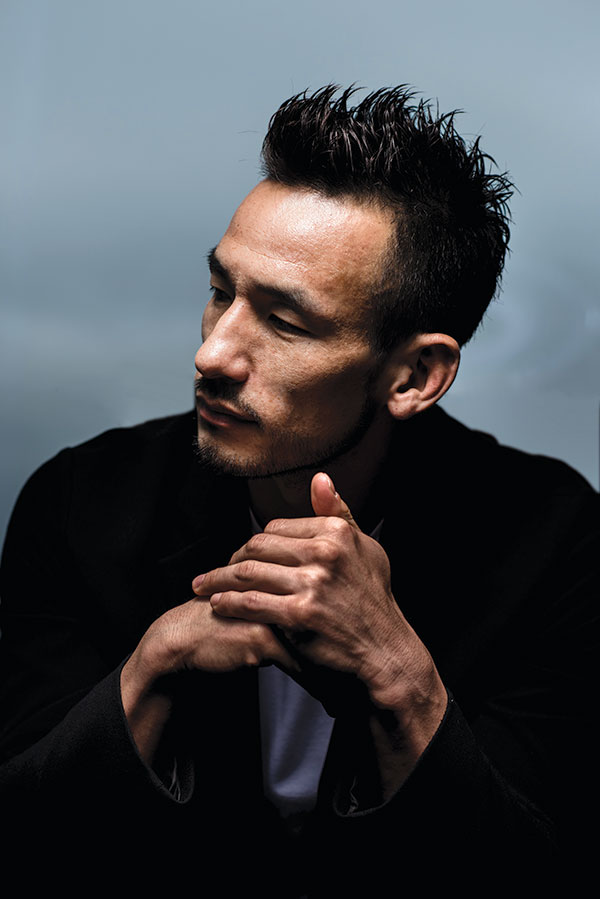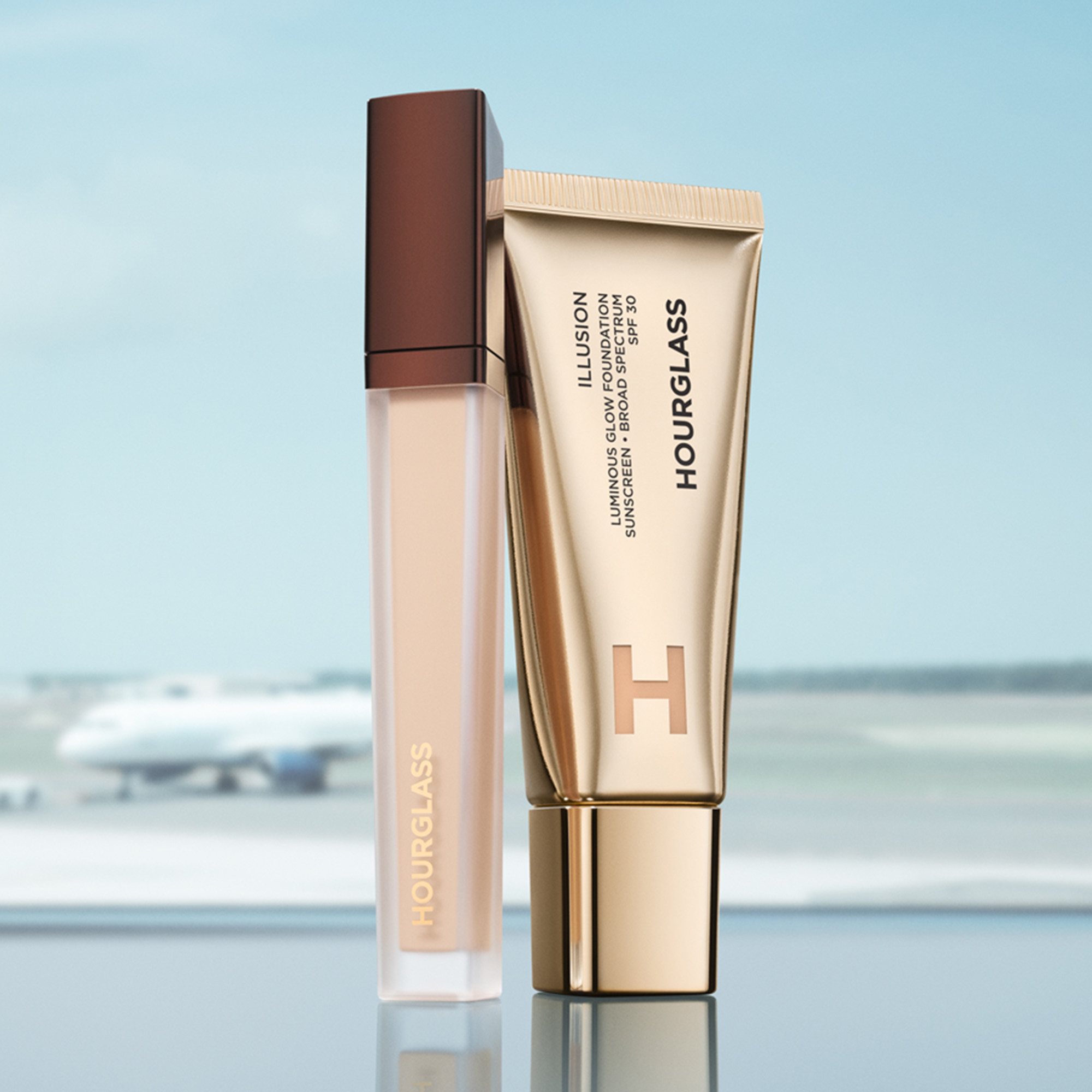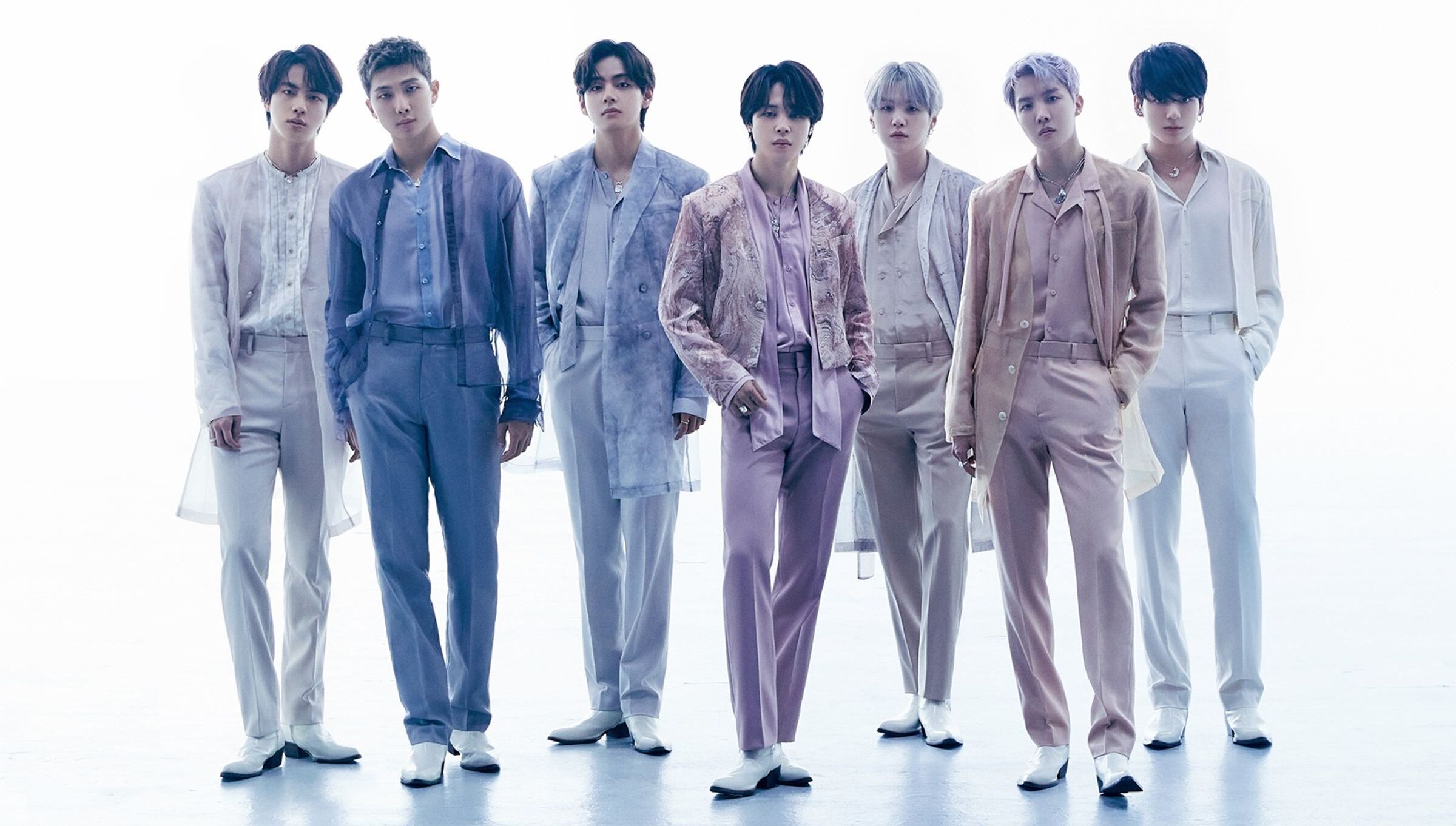
Hidetoshi Nakata, knight of the Order of the Star of Italian Solidarity, shot to fame during a professional football career that lasted from 1995 until his retirement in 2006. The Japanese played international football in the World Cup and club football in the English Premier League, but it was his spell playing in the Italian Serie A that earned him his knighthood – an award given to those that make an outstanding contribution to Italy’s international prestige.
Yet there is more to Nakata than the game he played, even though it is a game he loves. He has become something of an icon of masculinity and style, and is often compared to David Beckham of England. Nakata’s shock of peroxide-blond hair on the football pitch, his face in the front row at fashion shows and billboards showing off his lean physique for Calvin Klein’s 2010 advertising campaign all mean Nakata has wielded influence far beyond the touchline. Now, a decade after he retired from the game, his direction has changed drastically.
“I don’t really use social networks or smartphones because, for me, it’s very important to talk face to face,” Nakata says. “It’s not about exchanging messages, but the feeling of a human being using his or her senses to understand life. Our lives are about what we eat, what we drink, what we wear, where we live,” he says. “It’s about quality of life. It’s not about where you go or whether you buy something special. For me, the joy of life is the quality of what you do every day. So that’s why today and every day after, I enjoy my life.”
Just before he retired, Nakata remarked that while he had accomplished much as a footballer, he knew little of the world outside the game. He described his life up to that point as insular and claustrophobic. When playing international matches away from home, he spent all his time in hotel rooms or in training. So, tiring of the restrictive bubble he lived in, Nakata gave up his career at the age of 29.
After a brief sabbatical, Nakata began channelling his energy into promoting his home country abroad. “I’m working on promoting Japanese culture to a global audience, which includes crafts, food, drinks and lifestyle,” he says. “Because it’s such a wide topic, the first thing that I had to do was to focus on one project. In my case, I chose Japanese sake culture.”

Nakata played football in Italy for seven years. “During that time, I used to go and visit wineries, so I had the opportunity to learn about wine production, which is quite similar to sake,” he says. “Whilst that was easy to understand, it is the story behind the breweries, the history of the families and the handmade nature of sake that really impressed me.”
Nakata is trying to do with sake what winemakers do with fine wine: establish strong brands recognised and loved internationally. His sake brand, N, was established three years ago. It is sold only outside Japan. Only 1,000 bottles are made each year. The purpose of the venture is more to increase awareness of the drink and build up its status than to earn money. “There are so many Japanese restaurants all over the world, and each restaurant has their own sake, but many people don’t know about specific brands,” Nakata says. “This was an area that I felt I could promote.”
Buyers generally pay lower prices for sake than they pay for wine, which Nakata attributes to a lack of marketing and branding. There is a wide range of sakes, but few brands are meant for the high end of the market. Reaching the high end is another purpose of Nakata’s sake venture.“Think about all the luxury brands in Europe, like Louis Vuitton, Hermès and Gucci,” he says. “They really focus on quality, and making the best of the best. All these brands became brands because they had factories making products by hand, as well as good marketing and branding.”
Nakata believes Asia has many great craftsmen, and thinks the dearth of great brands of luxuries in this part of the world is due to a lack of information or communication. “Also, there’s another key difference between the sake industry and the wine industry,” he says. “With sake, it doesn’t matter if it’s cheap or expensive. Unless you have good connections, you can never ever find good sake, even if you want to pay a lot. It’s all about connections to get good sake.”

One way that Nakata has promoted sake is by collaborating with Kee Club’s izakaya restaurant in Hong Kong, KOKO. Nakata selected the sakes on the restaurant’s list – which, he boasts, is a list unparalleled even in Japan.
In doing his research, Nakata visited 300 of the 1,300 sake breweries in Japan. He drove around the country, talking to farmers, craftsmen and everyone else involved, to learn about the lengthy, painstaking process of making the drink. What he learned gave him an intimate and extensive understanding of the dynamics of sake: the aromatics, the quality of the water used, the influence of the weather, other aspects the environment – everything.
While exploring breweries from Hokkaido in the north of Japan to Okinawa in the south, Nakata was pleasantly surprised by how diverse his country is. The way of life in Japan differs from prefecture to prefecture, often considerably, depending on the climate, the food, and the materials available locally.
“Visiting all these people and travelling across Japan has really changed the way I think about my life and the way I live,” Nakata says. “You can eat something just to fill your stomach or you can understand the quality of the ingredients. When you wear clothes, you can just wear them or you can understand the material, the craftsmanship. It’s totally different. If you understand this concept, you make yourself much happier.”
Nakata disputes the suggestion that his approach is spiritual, regarding himself as down to earth. He says he simply gives priority to what makes him happy. That means seeking out and visiting farmers and craftsmen in the countryside, and he relishes the nitty-gritty of doing the research. “This way of living, it’s not spiritual. It’s very basic. And everybody can do it. It doesn’t matter if you have lots of money or you are very famous. What you care about is more important. So, for me, it’s not special. It’s basic for human beings,” he says.
“Everybody can have a good life if you care about what you do and what you have,” is Nakata’s conclusion. “Maybe I don’t have a million friends because I don’t go on social networks and maybe I don’t have any followers. But I have good people around me. Today, I just want to continue doing that: meeting people. That’s really my happiness. That’s my way of thinking.”






